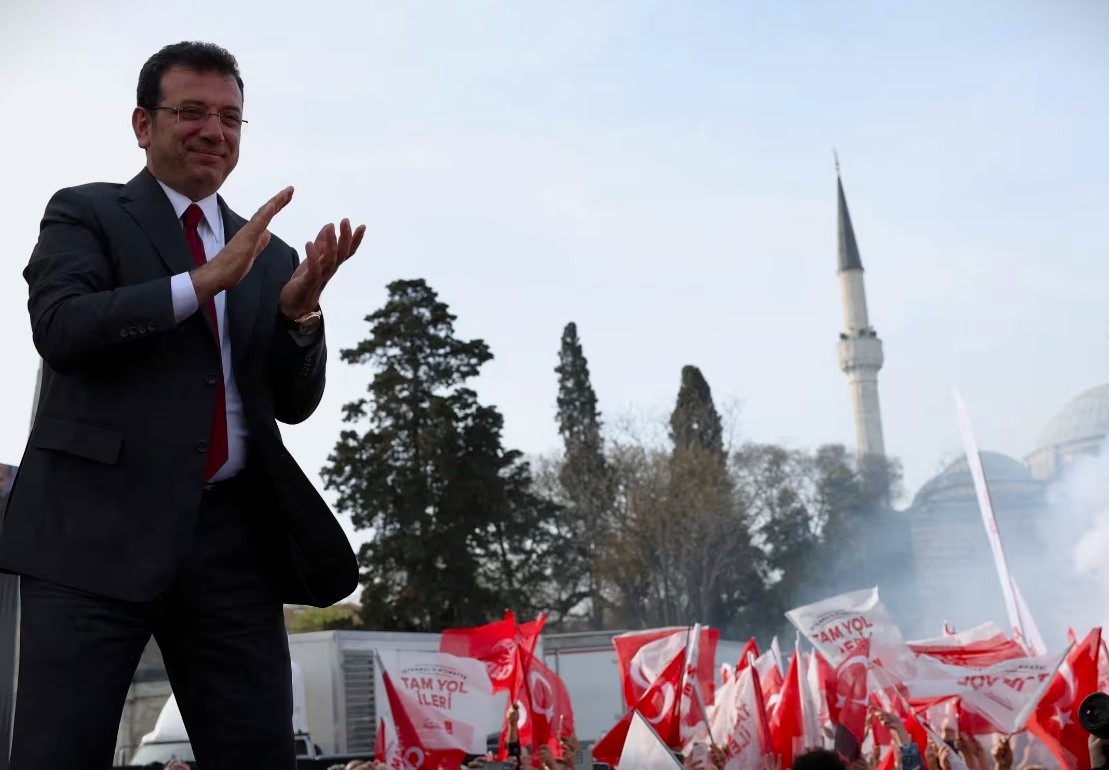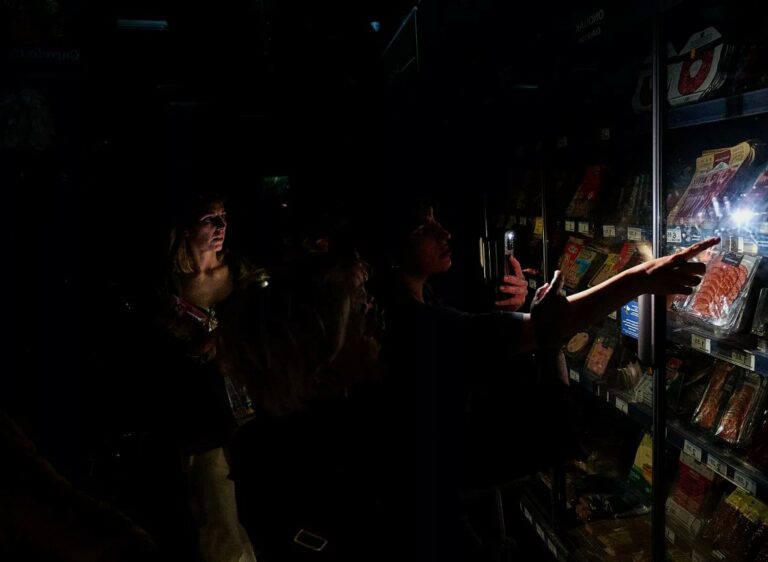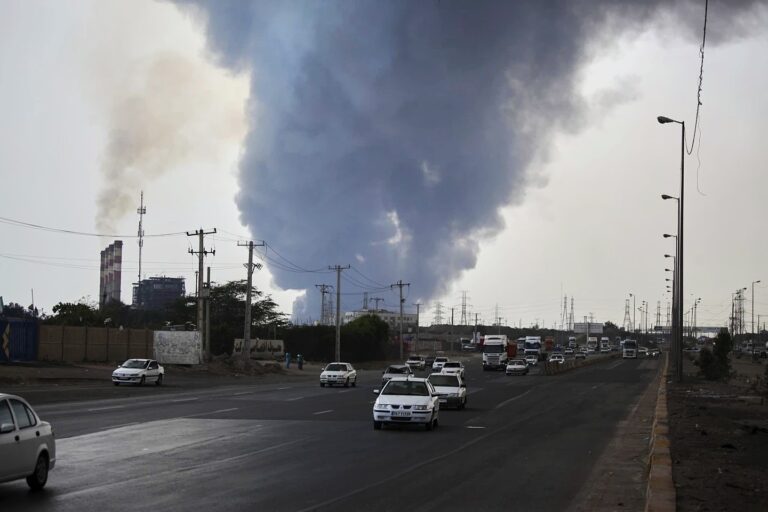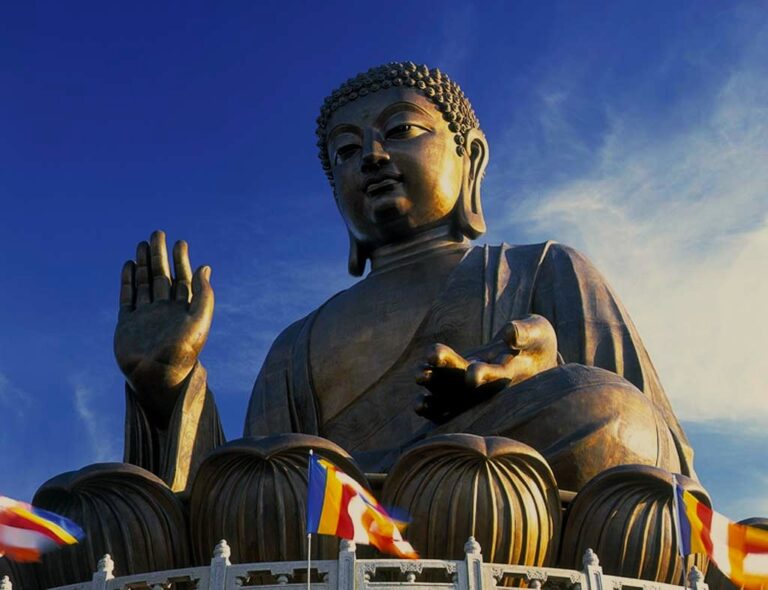Istanbul has become the epicenter of mass protests after the shocking arrest of its mayor, Ekrem İmamoğlu, a key opposition leader and fierce rival of President Recep Tayyip Erdoğan. The arrest, which comes just days before İmamoğlu was expected to be officially nominated as the opposition’s presidential candidate, has fueled widespread allegations of political repression and ignited unrest across Turkey’s largest city.

Who is Ekrem İmamoğlu?
Ekrem İmamoğlu, a prominent figure in Turkey’s opposition Republican People’s Party (CHP), made history in 2019 by winning the Istanbul mayoral elections against Erdoğan’s ruling Justice and Development Party (AKP). His victory was seen as a major blow to Erdoğan’s political stronghold, and since then, he has been widely regarded as a serious contender for the presidency.
His leadership in Istanbul has been marked by efforts to promote transparency, decentralize government power, and challenge Erdoğan’s grip on Turkish politics. This has made him a major target for the ruling party, which has sought to undermine his influence.
The Arrest That Sparked Outrage
In the early hours of March 19, 2025, Turkish authorities arrested İmamoğlu on charges of corruption and alleged ties to terrorist groups, including the Kurdistan Workers’ Party (PKK). Alongside him, dozens of city officials and opposition members were also detained. The timing of the arrest—just before the 2028 presidential elections—has raised serious concerns about the government’s attempts to eliminate political competition.
Adding to the controversy, Istanbul University, under pressure from government authorities, revoked İmamoğlu’s bachelor’s degree, a requirement for presidential candidacy. This sudden move effectively disqualified him from running in the upcoming elections, leading many to believe that the government is using legal loopholes to silence its strongest challenger.
İmamoğlu managed to send a message from detention, stating, “This is an assault on democracy, but the people will not be silenced.” His words have resonated with thousands of supporters who took to the streets in defiance of government-imposed restrictions.
Protests Break Out Across Istanbul
Despite Erdoğan’s administration imposing a four-day ban on public gatherings, massive protests erupted throughout Istanbul. Thousands gathered outside City Hall, the Istanbul Police Headquarters, and key government buildings, chanting slogans against Erdoğan’s rule and demanding İmamoğlu’s release.
Protesters waved Turkish flags and held up banners reading “We will not surrender our democracy” and “This is a political coup.” The atmosphere quickly turned tense as riot police were deployed to disperse the crowds using tear gas, water cannons, and rubber bullets.
One protester, a 27-year-old student, said, “We voted for İmamoğlu, and they are trying to steal our choice. This is not justice—it’s dictatorship.”
Government Crackdown on Opposition
The Turkish government has responded with a severe crackdown on protesters and political opponents. Police have arrested hundreds of demonstrators, including journalists covering the protests. Internet access to social media platforms like Twitter, Instagram, and YouTube has been restricted, preventing real-time updates from spreading globally.
The ruling party has denied allegations that İmamoğlu’s arrest is politically motivated. Justice Minister Bekir Bozdağ defended the charges, stating, “No one is above the law. Those who violate the nation’s trust must be held accountable.”
However, critics argue that this is yet another instance of Erdoğan using the judiciary to eliminate opponents. In recent years, Turkey has seen thousands of activists, journalists, and political rivals imprisoned under similar charges.
International Condemnation
The arrest has triggered backlash from the United Nations, European Union, and human rights organizations, who have warned that Turkey is sliding further into authoritarian rule.
- Amnesty International condemned the arrest as “a blatant attempt to crush political opposition” and called for İmamoğlu’s immediate release.
- The European Parliament issued a statement urging Turkey to uphold democratic norms, warning that its EU accession talks could be in jeopardy.
- U.S. officials have also voiced concern, with the State Department urging Turkey to “respect political freedoms and the rule of law.”
What Happens Next?
The situation in Turkey remains highly volatile. With public anger at an all-time high, opposition leaders are calling for nationwide protests and civil disobedience campaigns to demand İmamoğlu’s release.
The CHP has vowed to fight the charges in court, but many fear that Turkey’s judiciary—long accused of being controlled by Erdoğan’s allies—may not allow a fair trial.
As protests continue to escalate, many are questioning whether Turkey’s democracy is on the brink of collapse. What happens next will be a critical moment in Turkey’s history, shaping the country’s political future for years to come.



